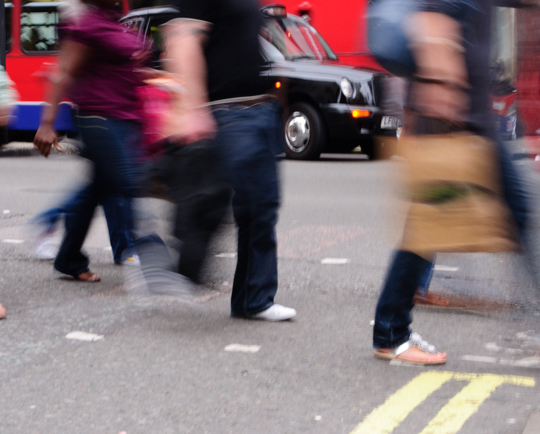Spending on non-essential items in November rose, new data from Barclays has revealed.
The bank’s monthly study into our shopping habits found that spending on non-essentials grew by 2.7% in November, with retailers feeling the benefit of Black Friday and the late arrival of cold weather.
Barclays found that it’s the extended discounts beyond Black Friday itself which are having the biggest impact, with transactions on Sunday 26 November actually outpacing Black Friday.
Clothing retailers and department stores have seen the biggest jumps in activity from October, while around six in 10 (59%) said they were actively seeking out deals and discounts more often in order to tackle rising costs.
More than half (56%) are using loyalty schemes, while 40% said they search for codes online for discounts before going ahead with purchases.
Shoppers ready for higher Christmas costs
The study found that shoppers expect to spend an average of £105.43 more on Christmas than last year, with food and drink expected to be the largest contributor at an additional £25.87.
This was followed by gifts (an extra £18.62) and activities (an additional £11.86).
Shoppers also pinpointed examples of shrinkflation among their festive shops. Most (60%) reported some festive items getting smaller despite costing the same, with chocolates the most common example (36%).
Other items which appear to have suffered from shrinkflation, according to shoppers, include tins of biscuits (28%), cheese (15%), mince pies (14%) and Christmas cake (13%).
Holiday spending
The study also found increased spending on travel. The sector has seen double digit growth in 11 of the last 12 months, with travel agents and airlines both seeing sizeable jumps.
Barclays said this is down to the phenomenon of ‘revenge spending’, with travellers catching up on trips that were missed due to the lockdowns and pandemic.
Esme Harwood, director of Barclays, said that shoppers are getting into the festive spirit early this year with their spending.
She continued: “November also marked a turning point for consumer sentiment – confidence in personal finances improved, with Brits starting to feel less concerned about some of 2023’s defining issues, such as inflation, interest rates, and food prices – so there are reasons to be cautiously optimistic as we look ahead to Christmas and the New Year.”
Jack Meaning, chief UK economist at Barclays, noted that with spending growth remaining below inflation it means that shoppers are continuing to spend more but get less for their money.
“However, the gap is narrowing as the rate of price increases slows, and we expect it to narrow further in the coming months,” he added.





